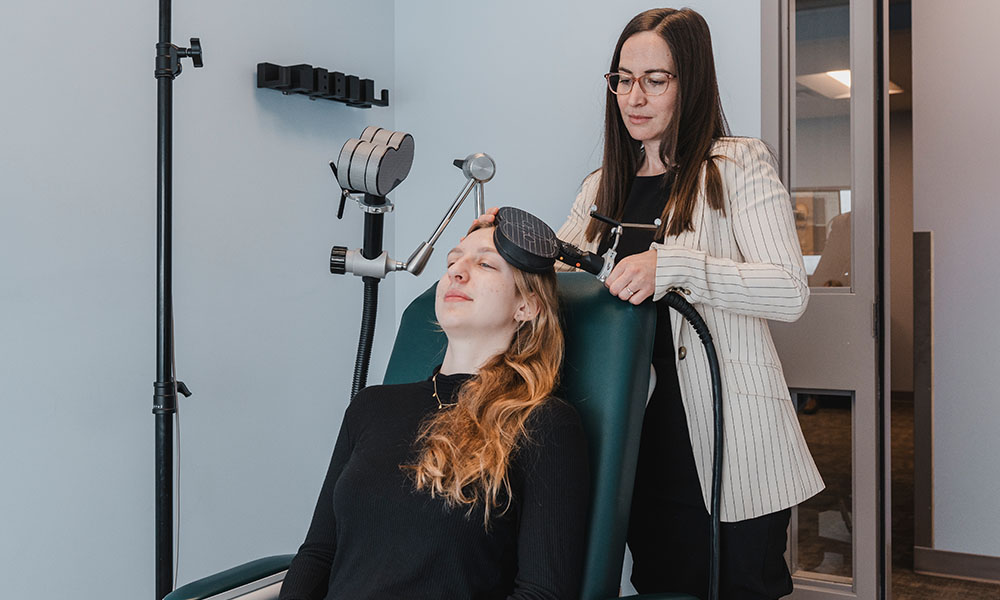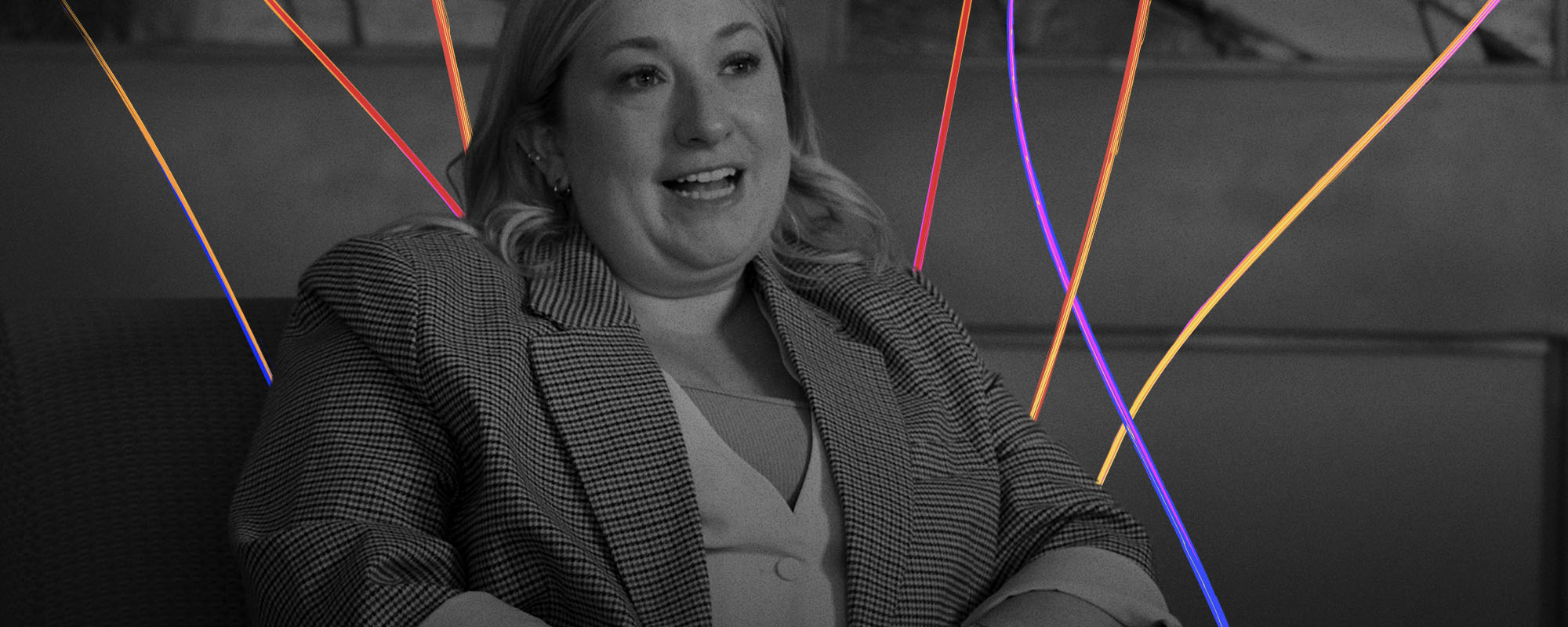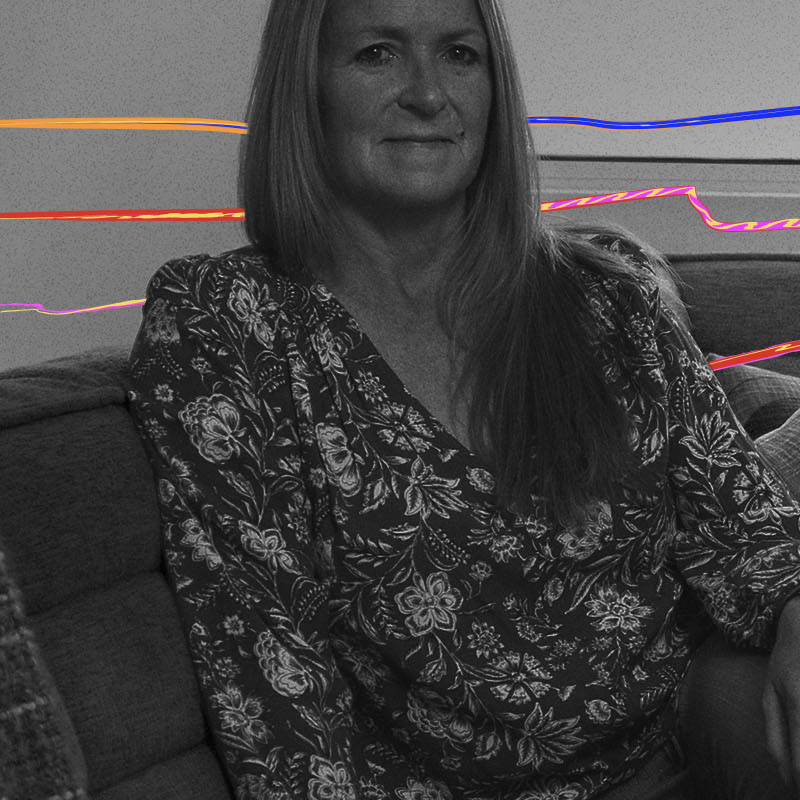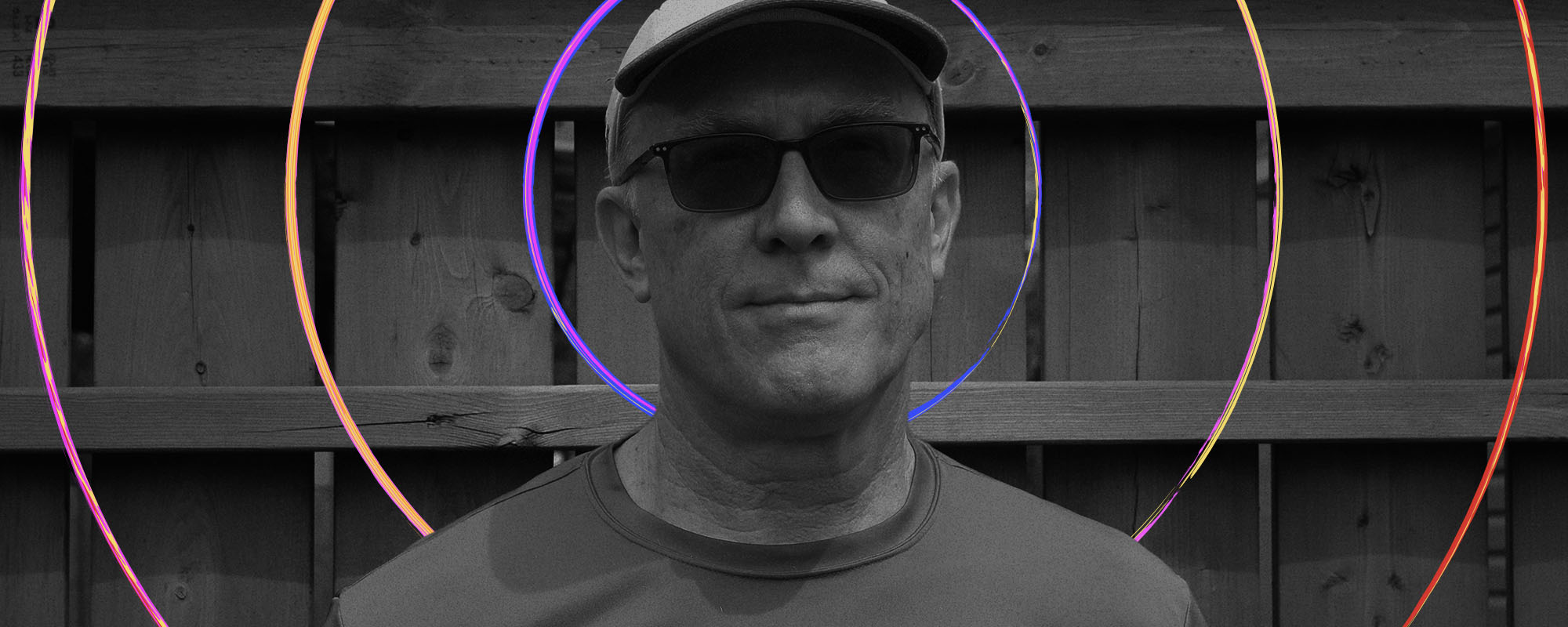Seeking solutions for treatment-resistant depression
Depression is a treatable condition—but for some people, conventional treatments such as medication and talk therapy are ineffective and involve significant trial and error.
Additionally, for age cohorts such as youth and the elderly, the number of approved antidepressants available on the market is limited. Often, the medications that are prescribed can come with many undesirable side effects, deterring many individuals from sticking with treatment.
The Royal’s Neuromodulation Research Clinic is dedicated to advancing the treatment of difficult-to-treat depression through innovative neuromodulation therapies, with a primary focus on repetitive transcranial magnetic stimulation, or rTMS.
How it works
rTMS acts by directly stimulating specific brain circuits known to be involved in depression. This is done by producing a brief magnetic field applied directly over the scalp to modulate brain activity. When delivered repeatedly over time, this treatment can change the activity of brain circuits through a process called neuroplasticity.
By integrating imaging data with rTMS therapy, we have been able to optimize stimulation parameters, leading to more effective and targeted interventions for patients, offering a non-invasive, evidence-based option.
Neuromodulation research is helping us to understand mental illness as a ‘brain circuitry’ disorder, just as earlier research into drug therapies helped us understand the ‘chemical imbalance’ aspects of mental illness.
Through this understanding, researchers are opening the doors to a whole new realm of non-invasive, alternative treatment possibilities.

rTMS therapy as treatment
Neuromodulation research at The Royal focuses on the study and treatment of major depressive disorder using rTMS, for which the therapy is approved by Health Canada. For individuals that do not respond to at least one anti-depressant medication, rTMS is now considered to be a first-line recommendation.
rTMS is currently under study as a potential treatment for other psychiatric disorders such as schizophrenia and post-traumatic stress disorder. Our long-term goal is to expand our research program to evaluate and support access to rTMS for these populations.
Support research
Donations are essential to the advancement of mental health research and the discovery of new, more impactful treatments for mental illness.


